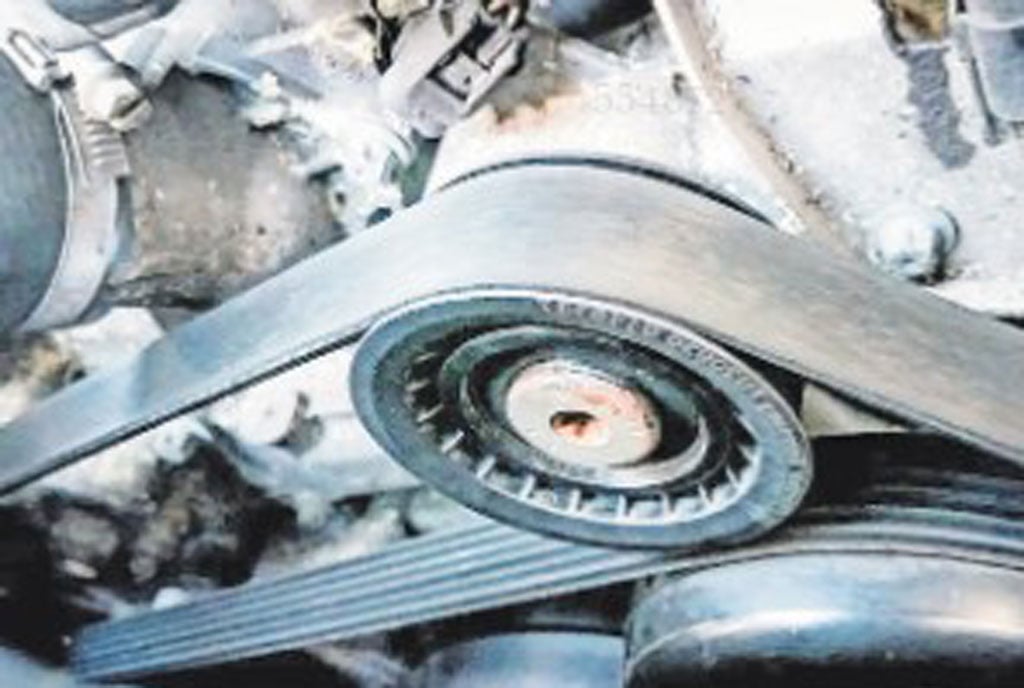
Hello Paul, I drive a VW Tiguan. Recently, it snapped the engine V belt. We have replaced it twice and it has snapped both new belts. What could be the cause of this problem? Anita.
Hello Anita, there are a couple of reasons why a new engine V belt will snap as soon as it has been installed. Failure of belt tensioning and faulty drive pulleys are some of the reasons why a new engine V belt will snap or come loose. An engine V belt or serpentine belt helps to provide drive to important engine accessories such as the steering pump, alternator or power generator, water pump and sometimes the AC pump.
No wonder when it snaps or falls off, these accessories will cease to function, which noticeably stops battery charging (battery light shows on your dashboard) and stops powering the steering pump (steering becomes hard). When you notice this, it is better to switch off your engine as it is likely to suffer overheating as the water pump may not be functioning. The V belt tensioner is a device that helps to keep the V belt tight enough to drive the accessories mentioned above. A V belt tensioner fails when it over tensions the belt or out rightly fails to tension the belt due to mechanical breakdown. When the engine V belt is not tensioned, it will not drive the vital accessories and is likely to fall off the roller pulleys or snap as it gets entangled with the running engine crankshaft pulley. Another likely cause of a new V belt failure or snapping is the presence of worn-out or seized V belt pulleys or roller bearings.
These pulleys guide and support the engine V belt as it drives the accessories. Over time, severe engine heat and frictional wear can cause damage to roller bearings, which may become cracked, misaligned or stuck due to seizure of internal ball bearings. This will cause snapping of a new engine V belt. It is highly recommended to inspect the engine V belt, roller bearings as well as tensioner regularly, especially if the car is more than 10 years old or has a mileage close to or more than 100,000kms.







